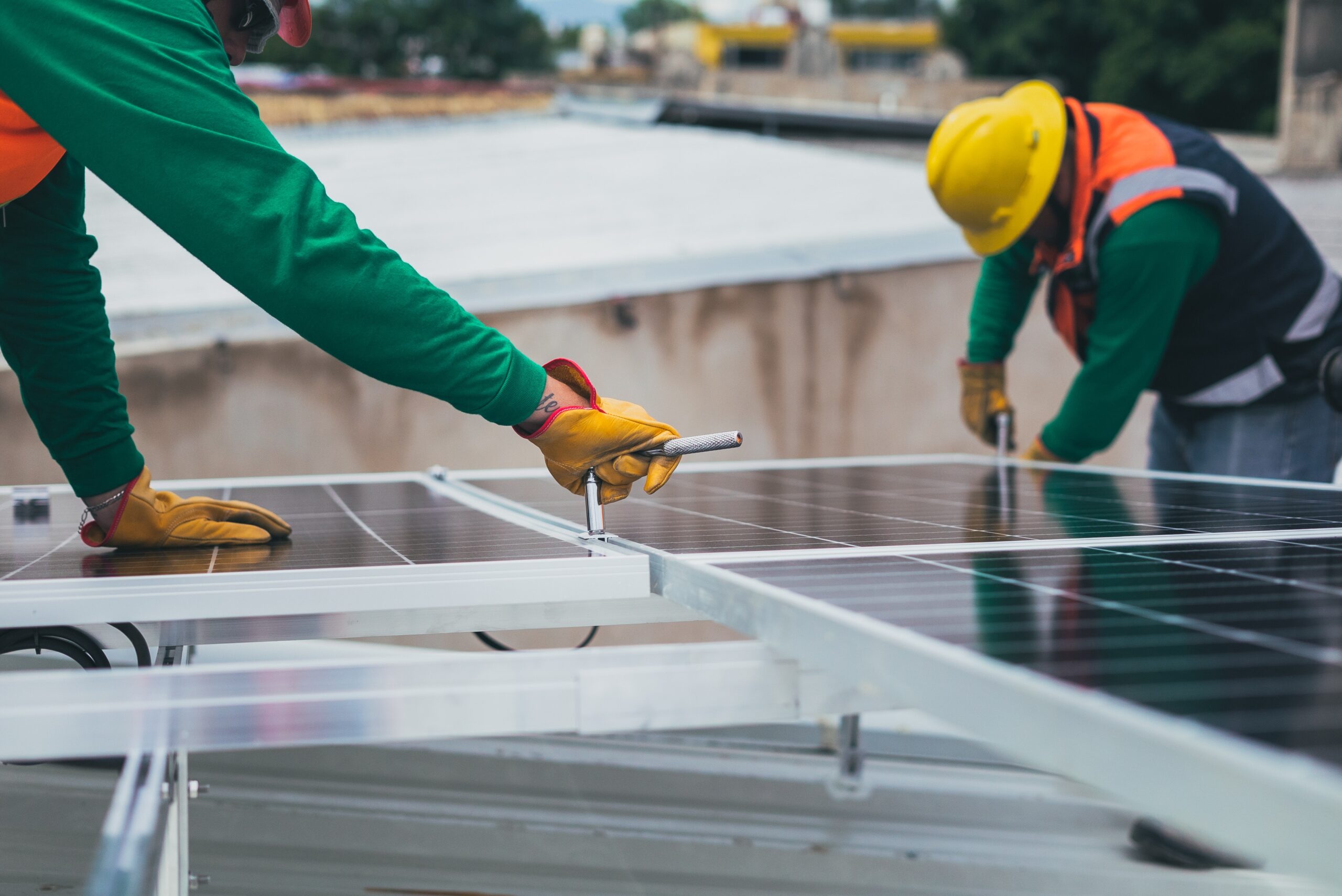
Clouds form. The sky darkens. A solar homeowner might wonder, “How much energy can my solar system create on overcast days?” What about when it rains? Will my solar system still produce solar energy in cloudy weather? Is it worth getting solar panels if you live in a climate that has more cloudy days than not? There are all very good questions.
Solar panels require sunlight to produce electricity. Understanding how cloudy weather can reduce the efficiency of solar energy generation is crucial. Partial shade and tree cover can also affect the power output of your solar system.
In summary, solar panels in Ireland continue to function in cloudy conditions. Depending on the quality and efficiency of your panels, they may generate less power. You will need to speak with an expert to determine what type of solar panel would work best for your location.
Anyone who has been burned on a cloudy day can tell you that sun radiation penetrates clouds. That is why solar panels can generate power even on overcast or foggy days and why people continue to opt for Residential solar installation. Efficiency might range between 10% and 25%. It will be determined by the quantity of cloud cover and the type of solar panels placed.
Which solar panels perform best in overcast weather?
On a gloomy day, high-efficiency panels produce more energy than regular panels. If you have a location that will have partial shade due to trees, you might also want to consider high-efficiency solar panels and batteries. Some solar cells collect a wider range of UV radiation (for example, blue and red wavelengths), resulting in increased energy production in various weather conditions. This is why you shouldn’t overlook the cells themselves.
Some cells also have a “backside mirror.” This gives the light a chance to be used more than once, making them more efficient. It is a thin layer of aluminum that returns some of the light photons to be absorbed again. This results in a higher electron output from the same amount of light input.
Is it true that solar panels decrease efficiency when it rains?
UV rays pass through the rain in the same manner as they do through typical cloud cover. However, because sunlight is limited, productivity is also constrained. The amount of electricity generated is proportional to the density of cloud coverage. Your system’s output will be inconsistent and generally reduced on cloudy days. If you want to generate as much energy as possible, you may want to install monocrystalline PV panels, which are considered to be the most suitable for low-light conditions and offer better efficiency. If your home doesn’t have these panels, you can hire EMT Solar (or a similar company) to remove the existing panels and install monocrystalline PV panels.
Though energy output diminishes with increasing rain and cloud cover, solar panels produce more energy than you might imagine. Rain also aids in the removal of debris and dust. This cleaning helps keep your panels in top working condition.
Does fog have an impact on the efficiency of solar panels?
Fog and low-light conditions, such as cloud cover, can indeed affect solar production, albeit to varying degrees. While solar panels can still absorb some of the sun’s energy during these conditions, their efficiency is typically reduced. In fact, most solar panels are expected to perform at around half their usual efficiency levels during foggy circumstances. However, this is still far preferable to situations with extremely dense cloud cover or prolonged gloomy weather.
One encouraging aspect is that fog tends to dissipate throughout the day, often clearing up by mid-morning or early afternoon. As a result, solar panel efficiency should gradually return to normal levels as the fog lifts and the sun’s rays become more direct and intense.
Considering the resilience of solar panels and their ability to adapt to changing weather patterns, investing in solar energy can still be a highly worthwhile and motivating endeavor. What’s more? Accessing solar installations in mandurah and other regions across the globe has become quite an easy task – all you need to do is engage competent professionals to handle the task.
Conclusion
In conclusion, while overcast and foggy weather may temporarily reduce the efficiency of solar panels, their ability to continue generating energy even under such conditions highlights their resilience and adaptability. The moderate decrease in efficiency during these weather patterns is outweighed by the long-term benefits of harnessing solar energy.
Moreover, advancements in solar technology and the gradual dissipation of fog throughout the day offer hope for improved performance. With the potential for significant energy savings and environmental benefits, investing in solar panels remains a worthwhile endeavor, contributing to a sustainable future despite occasional weather-related challenges.
